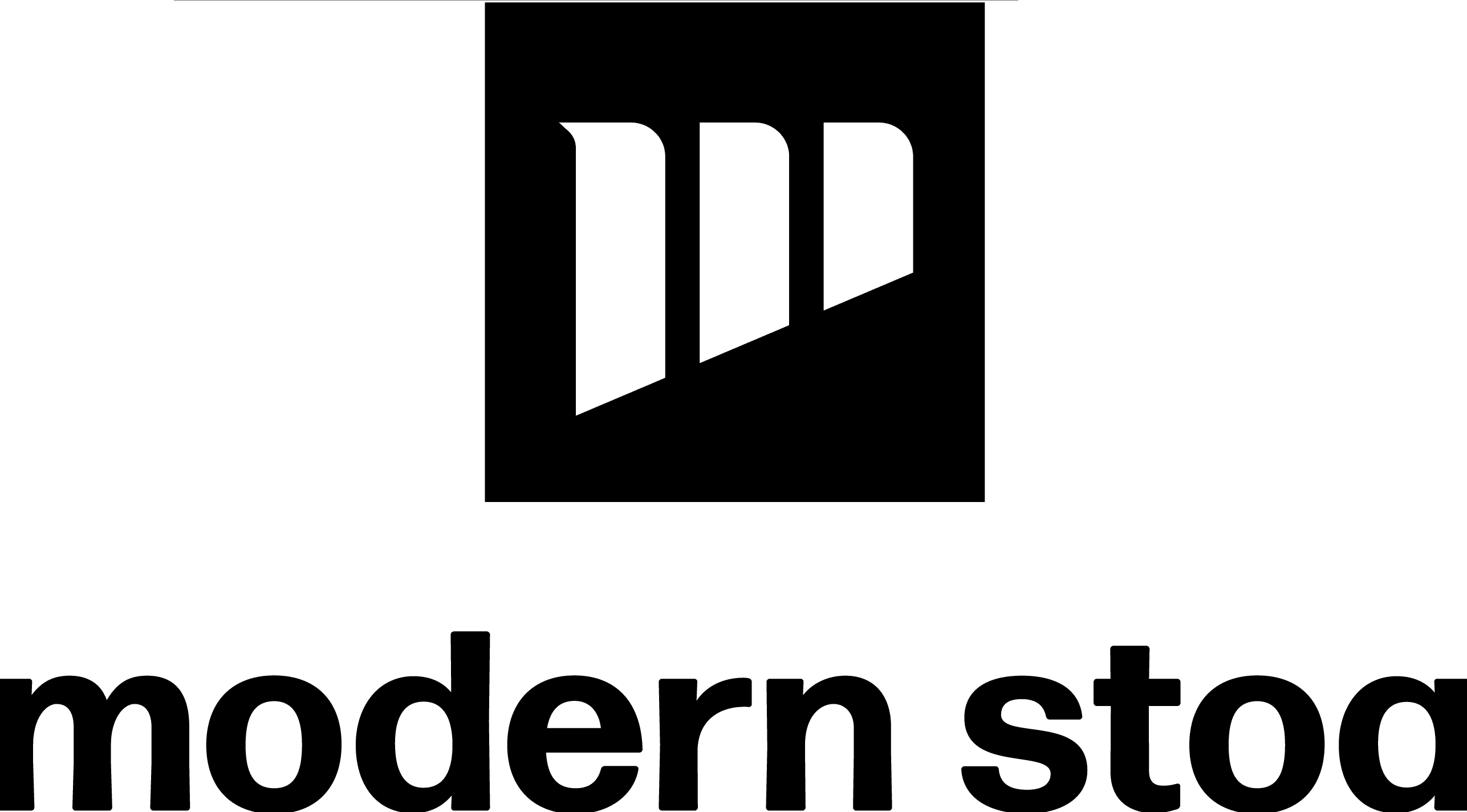
Podcasting offers a unique advantage to advertisers: trust. Listeners often feel a close connection with their favorite hosts, making ads feel more personal and persuasive than in other media. But that trust is also fragile. When monetizing a show, podcasters must balance revenue goals with the expectations of their audience. Ethical advertising practices ensure that trust remains intact while the business side of the show grows.
Choosing the Right Advertisers
The first step toward ethical monetization is selecting brands that align with your values and your audience’s interests. A product may pay well, but if it feels out of place in your show, or worse, goes against the lifestyle or beliefs of your listeners, it could damage your credibility. A good filter is asking: Would I recommend this brand even if they weren’t paying me?
Some podcasters build a set of internal criteria for approving sponsorships. This might include factors like product quality, relevance to the show topic, and clarity around the company’s reputation. Transparency and consistency in your brand choices help establish a long-term advertising standard.
Clear and Honest Disclosure
Audiences respect honesty, and most don’t mind hearing ads when they’re clearly labeled. Always disclose when content is sponsored, and make the distinction between editorial and paid segments unmistakable. Avoid trying to blur the line, listeners can usually tell, and ambiguity tends to create suspicion.
Verbal disclosures at the beginning of an ad segment are best, but written disclosures in episode descriptions and show notes are also important. Regulatory bodies in many countries now require clear labeling, so staying compliant is also a legal responsibility.
Designing Native Ads That Fit
Ethical advertising doesn’t mean every ad has to sound like a hard sell. Native ads, promotional messages delivered in the host’s voice, can be effective and listener-friendly when done well. The key is making them informative, respectful of the listener’s time, and clearly separate from your main content.
Avoid overselling or using exaggerated claims. Speak authentically, highlight real use cases, and be upfront about your relationship with the product. A great native ad should feel like a helpful recommendation, not a sales pitch disguised as conversation.
Building Audience-First Advertising Policies
One of the best ways to protect listener trust is to build policies that prioritize the audience experience. Set limits on ad frequency, consider offering ad-free versions for paying supporters, and regularly check in with listener feedback. If an ad ever feels like it’s pushing your audience away, it may not be worth the revenue. Long-term growth comes from a loyal, trusting audience, not just from one-time conversions. A podcast that respects its listeners will have more sustainable monetization opportunities over time.
Final Thoughts
Advertising can fuel podcast growth, but only when it’s done with care. Ethical practices, like selective brand partnerships, clear disclosures, honest messaging, and audience-first thinking, create a foundation for monetization that strengthens rather than compromises the relationship between host and listener. In a space where trust is everything, your integrity is one of your most valuable assets.
If you are interested in podcast advertising go to Modernstoa.co.

